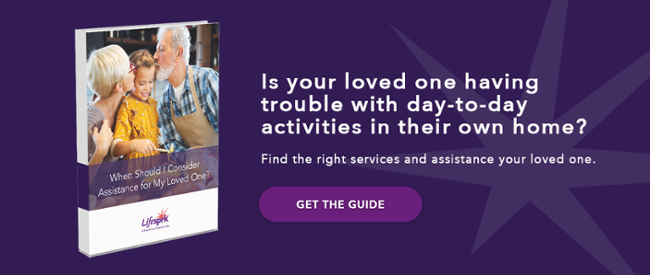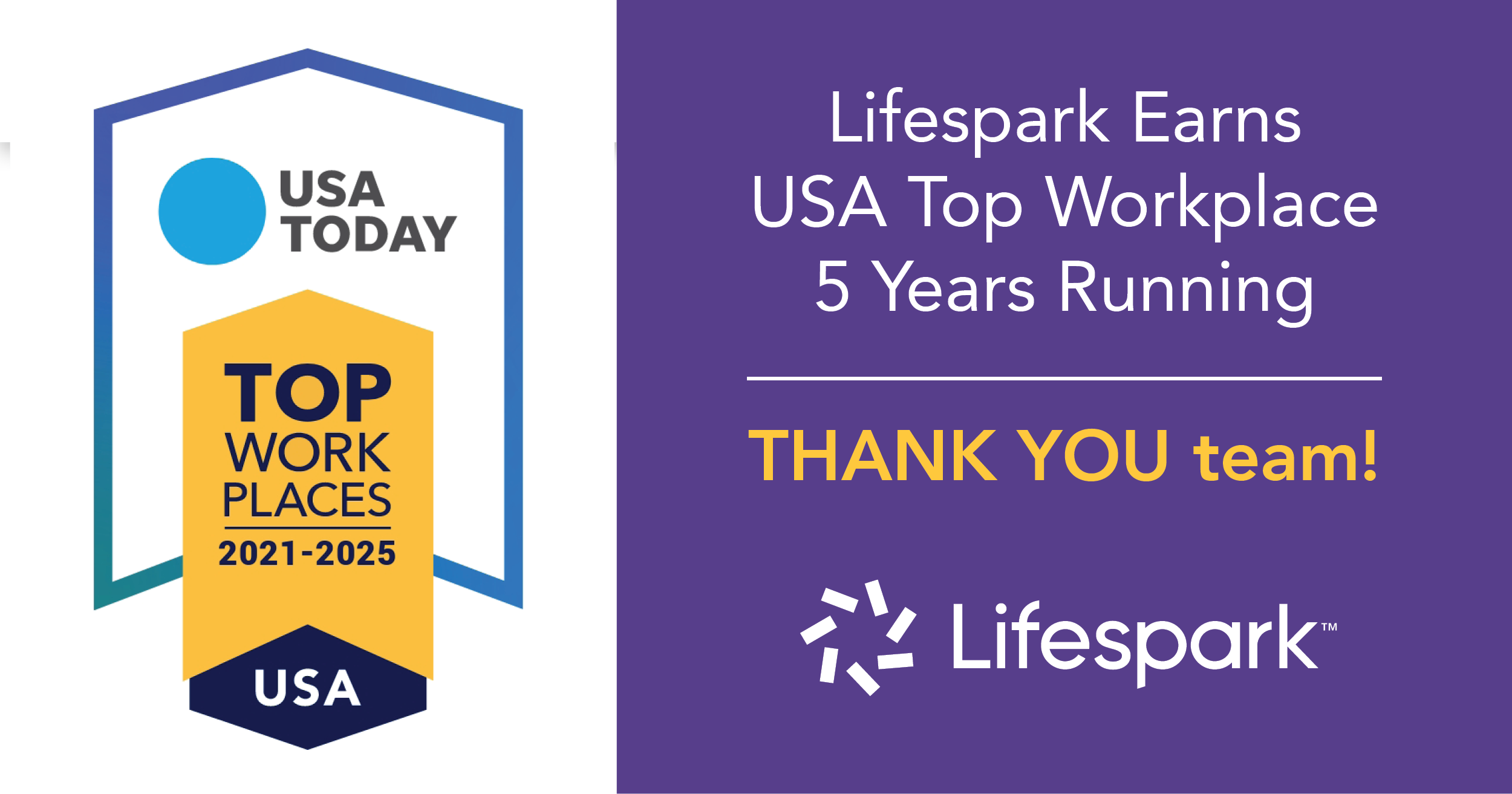
The majority of seniors in this country still receive care that has gaps – when need and service aren’t connected – and the kind of experience or home care they receive is reactive, not proactive. It happens so often, people don’t even know what they are missing, that there’s another solution that can reduce hospitalization rates, keep healthcare costs down and, ignite their spark.
Often, once you are discharged from the hospital or transition between care (hospital to rehab or rehab to home) there’s a lack of coaching or guidance to help you follow up with doctors’ orders or easily address concerns. In the hospital you seemed fine taking care of yourself on your own but once home it can seem much more challenging – safety concerns like rugs or mats can create hazards, dull lighting make things hard to see, decreased ability to shower after surgery or move around your furniture easily. And you don’t have a nurse checking in on you like you did at the hospital or rehab facility looking for small red flags that could send you back to the hospital.
 Transitioning home is a critical time and not following through on important orders can increase re-hospitalization and inevitably onto the roller coaster of health care crisis. In fact, a study in the New England Journal of Medicine showed that 1 in 5 seniors are re-hospitalized within 30 days and 1 in 3 within 90 days.
Transitioning home is a critical time and not following through on important orders can increase re-hospitalization and inevitably onto the roller coaster of health care crisis. In fact, a study in the New England Journal of Medicine showed that 1 in 5 seniors are re-hospitalized within 30 days and 1 in 3 within 90 days.
What can you do to close the gaps in care, be proactive and stay off the roller coaster for yourself or an aging parent? Here are some tips:
- Stay connected to your community, physicians, health care providers and others, especially longer than 30 days after a transition. Personal, consistent involvement with a caring professional or trusted advisor like Lifesprk’s Life Care Managers (LCMs) gives you ongoing proactive support and attention to small changes before they become big crises. Make sure you ask the right questions though when seeking senior services, private-pay companies (+ services) for caregiving do not include this level of proactive guidance.
- Health coaching: A health coach, such as a Lifesprk’s LCM, plays a significant role in helping people identify goals and developing a plan with consistent guidance and support toward reaching your goals.
- Medication management: Medication challenges are a major contributor to hospital readmission. Enlist the support of a nurse to help with proper medication management and teach you to set up or coordinate medications.
- Follow-up and coordination with physicians: Have someone accompany you to physician appointments. They can also play a critical role in ensuring your physician orders are understood, followed and make the best use of the short time physicians spend with you preventing misdiagnoses and diagnostic errors.
- Attention to psycho-social needs: Often overlooked, social support, isolation and loneliness which can have risks as serious as physical health issues. Make sure you get a whole person approach that examines the needs or issues related to all aspects of your life, including your social supports.
 Lifesprk’s whole person model, especially with its Life Care Management services, is uniquely able to help you close the gaps and answer your questions to get you on the path that’s right for you. For more information on how to stay proactive, contact Lifesprk Navigation at 952-345-0919 or ShineOn@lifesprk.com.
Lifesprk’s whole person model, especially with its Life Care Management services, is uniquely able to help you close the gaps and answer your questions to get you on the path that’s right for you. For more information on how to stay proactive, contact Lifesprk Navigation at 952-345-0919 or ShineOn@lifesprk.com.




